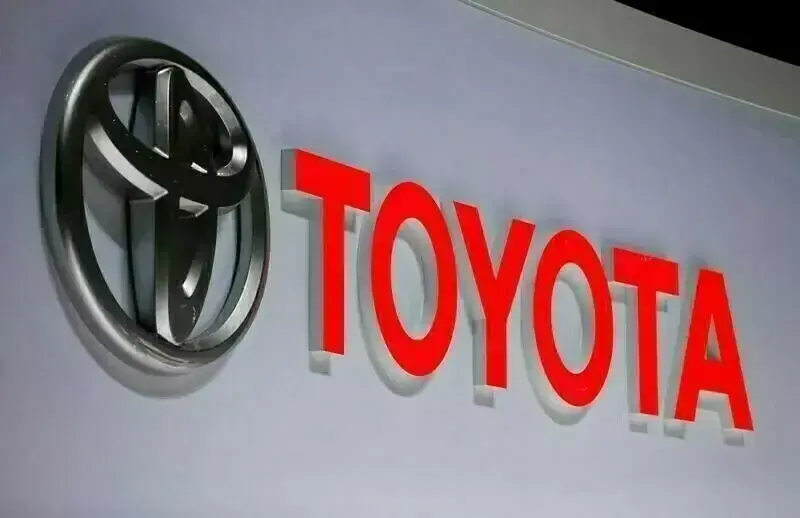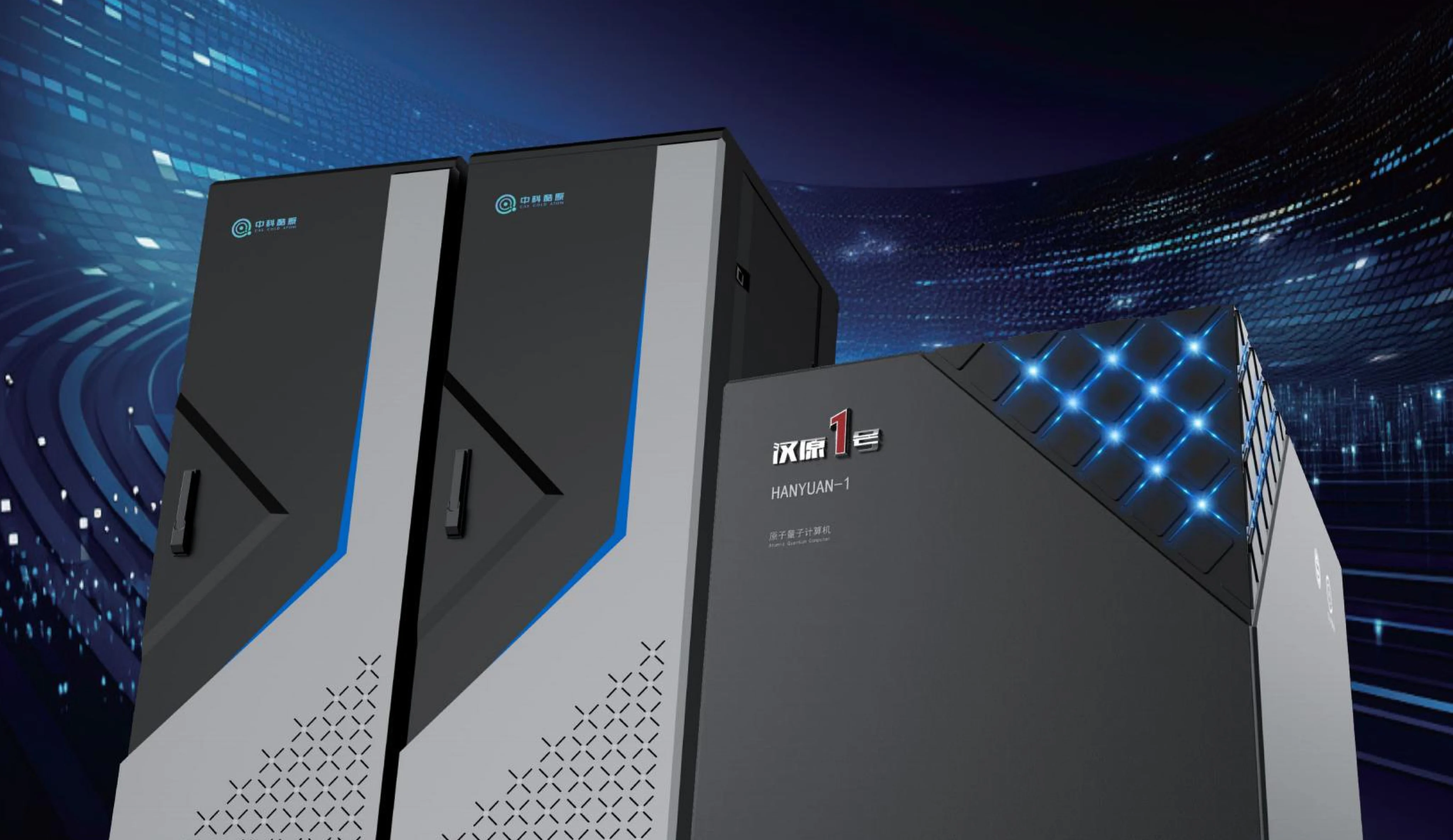Copyright Forbes

Oscar Chavez-Arrieta Executive VP at SonicWall. 20+ years building businesses and transforming companies through leadership and innovation. In Latin America, cybersecurity is no longer a technical challenge; it’s a question of trust. While the region represents one of the most dynamic growth frontiers for technology and managed services, the success of every vendor, distributor and integrator still depends on one fragile element: credibility. According to the Omdia Global Partner 1000, just 35 partners in Latin America—a mix of global systems integrators (GSIs), systems integrators (SIs), value-added resellers (VARs), managed service providers (MSPs) and managed security service providers (MSSPs)—generate $14 billion in services revenue. These players form the backbone of the region’s enterprise technology ecosystem. Globally, it's estimated that the top 1,000 partners generate $1.07 trillion, nearly two-thirds of all tech services worldwide. And as my friend Jay McBain highlights, the traditional 80/20 rule of channel revenue no longer applies: It’s now the 99.9/0.1 rule. That means the top 0.1% of partners—roughly 1,000 companies—drive the majority of the business. Within that group, the top 30 generate more than the next 970 combined. In Latin America, those 35 key partners represent the entry point to enterprise and public-sector success. But reaching them requires something most vendors underestimate: trust built from the ground up. From SMB Credibility To Enterprise Access In emerging markets, vendors often begin by earning credibility through small to medium-sized businesses (SMBs), a segment that is complex, diverse and demanding. These organizations, often operating with limited resources, become real-world testing grounds for vendor reliability. When a company can deliver consistent results in fragmented, fast-moving environments, it sends a signal to larger integrators and enterprise partners: this brand can scale, adapt and be trusted. That credibility is the most valuable currency in the region. A vendor known for protecting SMBs efficiently, with strong local support, transparent pricing and flexible delivery, becomes far more attractive to the MSSPs, SIs and VARs driving enterprise transformation. Trust built in the SMB space becomes the bridge to strategic alliances in the corporate segment. The Hidden Barrier: Distrust Within The Channel However, the Latin American faces a crisis of confidence. Years of inconsistent vendor management, unclear partner programs and the persistent shadow of corruption in certain vendors and markets have eroded trust between vendors and channel partners. I should know—as executive vice president for Latin America at SonicWall, my experience builds on two decades of transforming partner ecosystems at large organizations like Dell, Symantec and Sophos. Managing multimillion-dollar alliances gave me the blueprint to understand how different channel models work, a recipe I later refined to rebuild a large cybersecurity company’s LATAM channel, restoring credibility and partner trust after years of mismanagement. Many integrators and MSSPs have grown skeptical after experiencing frequent changes in regional leadership, misaligned incentive plans and opaque decision making from global headquarters. In some cases, poor communication and favoritism have deepened this divide, leaving local partners questioning whether their long-term investment in a brand will truly be rewarded. This is more than a perception problem; it’s an economic one. A lack of transparency and ethics reduces participation in strategic programs, discourages co-marketing investment and slows down innovation adoption. Ultimately, the cost of mistrust is measured not just in lost deals but in the reluctance of top regional players to fully commit their portfolio and talent to a vendor relationship. Rebuilding Confidence Through Consistency And Purpose Restoring that confidence demands a consistent narrative, predictable actions and cultural intelligence. Vendors must move from transactional engagement to partnership ecosystems, where integrators, distributors and MSSPs feel aligned not only through commercial terms but through shared purpose and accountability. Understanding each market’s unique business pressures—from local procurement laws to regional risk tolerance—allows vendors to design programs that are relevant and credible. When leadership is stable, communication is transparent and promises are kept, trust compounds quickly. That’s how vendors earn a reputation that travels, from the SMB client in Bogotá to the enterprise integrator in São Paulo, and ultimately to the global partner evaluating Latin America as a growth territory. Latin America As A Laboratory For Scalable MSSP And 'Platformization' Models There’s another layer to this story: Latin America and Europe share strikingly similar market dynamics. Both regions are highly fragmented, multilingual, regulated by diverse data-protection laws and dominated by SMBs. Both rely heavily on indirect sales and partner-led growth models. And both are under increasing pressure to modernize cybersecurity delivery without inflating operational costs. For that reason, Latin America has quietly become a laboratory of innovation for scalable MSSP frameworks. From remote-first service orchestration to regional security-as-a-platform ecosystems, Latin American MSSPs have learned to deliver enterprise-grade outcomes with leaner structures and tighter margins. They operate with agility born from necessity, turning constraint into creativity. Vendors that recognize this can do more than grow their regional footprint; they can export proven LATAM methodologies to similar markets where cost efficiency, adaptability and partner proximity are equally critical. The bridge between regions is not technology—it’s operational intelligence and trust. The Strategic Priority For 2026 And Beyond Sustainable growth depends on leadership quality. Today, I see legacy leadership models, built on loyalty instead of merit, still erode trust and slow progress across both SMB and enterprise segments. The market has shifted from globalized processes to localized trust, where credibility, ethics and local expertise determine success. Global players have embraced this by empowering regional presidents who understand how to adapt global strategy to local reality. As McBain notes, the next wave of channel growth is “tactical and hyper-specific.” In Latin America, it will be led not by titles or legacy, but by leaders who inspire confidence and deliver results. I believe the future of the channel will not be defined by who sells the most licenses, but by who earns the most trust. In a region where every contract is a handshake before it’s a signature, integrity becomes a competitive advantage. Protecting SMBs builds proof. Transparency builds loyalty. And together, they build the foundation for the kind of alliances that can reshape the global map of cybersecurity collaboration. Latin America doesn’t just represent growth potential; it represents the proof point of partnership. And in the evolving economics of trust, that may be the most valuable export the region has to offer.



